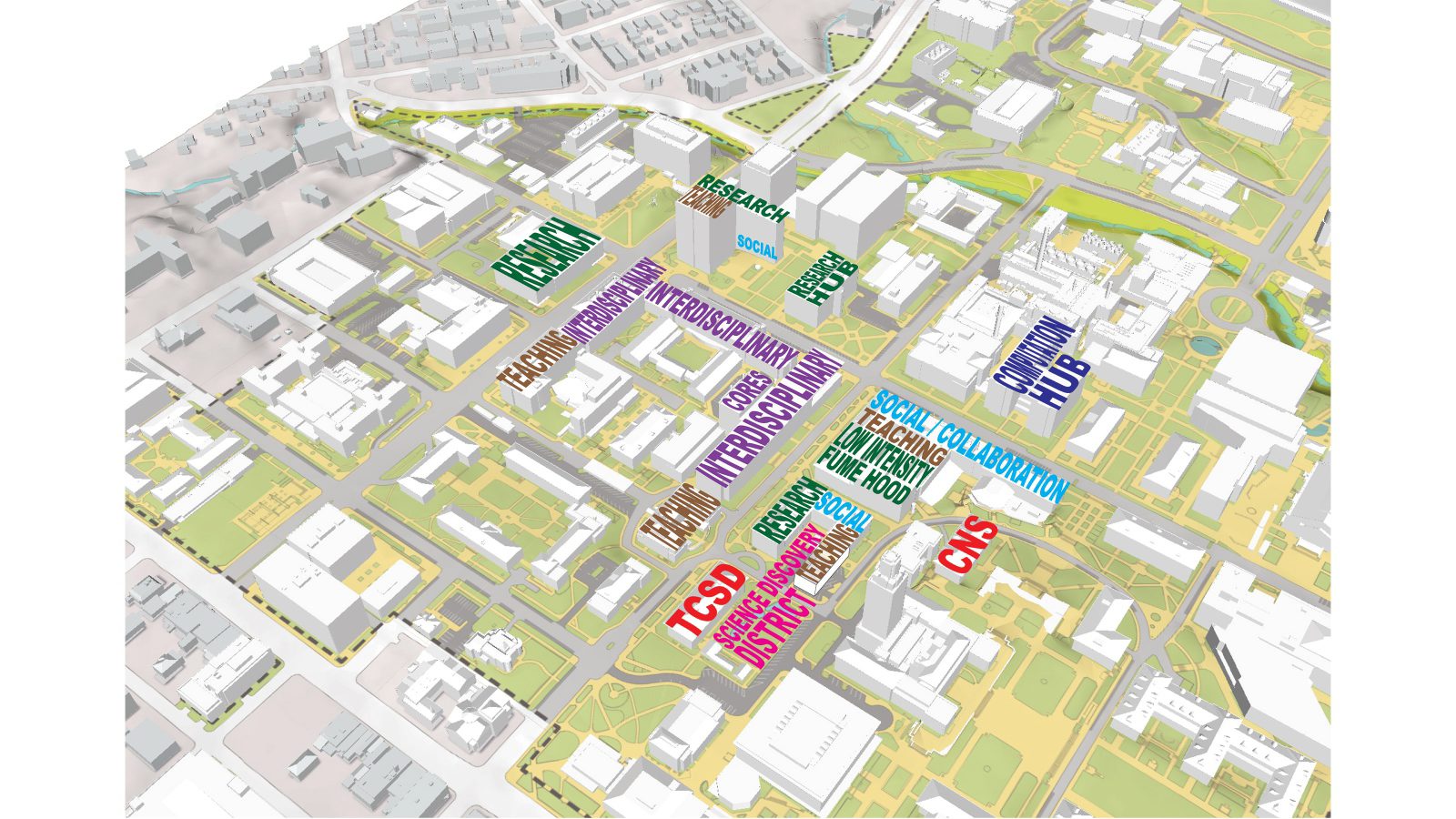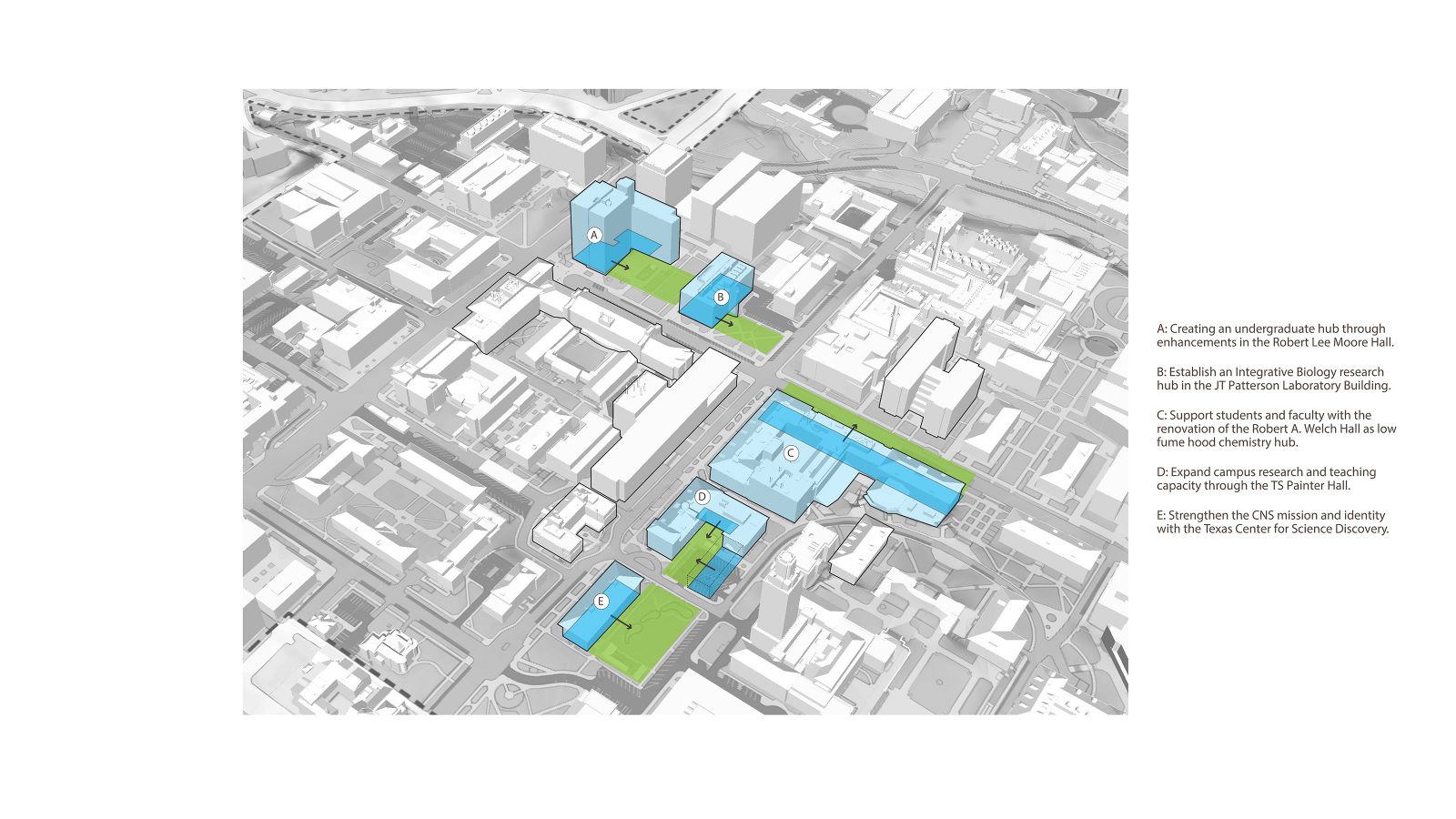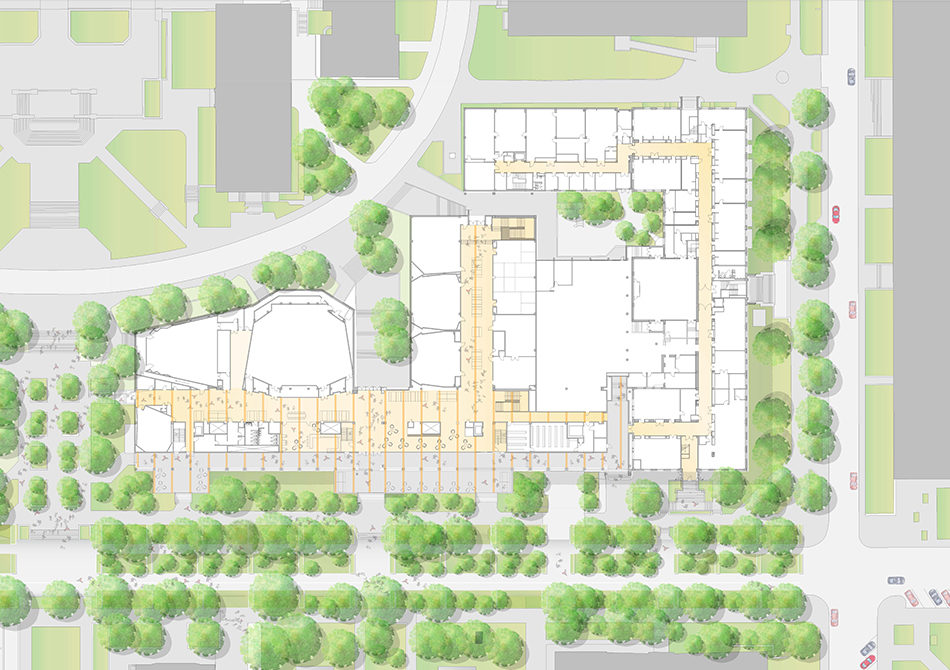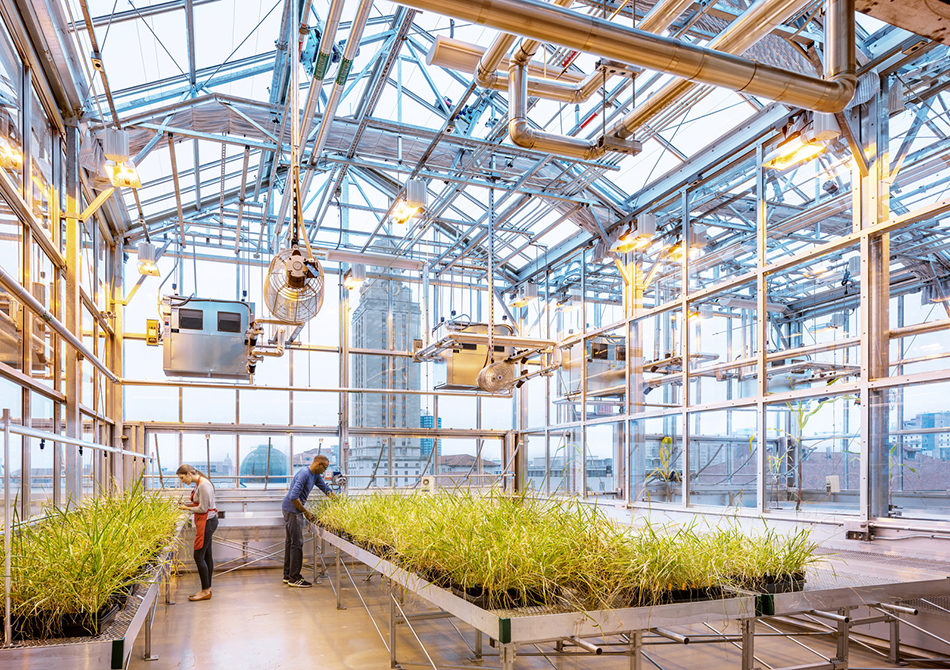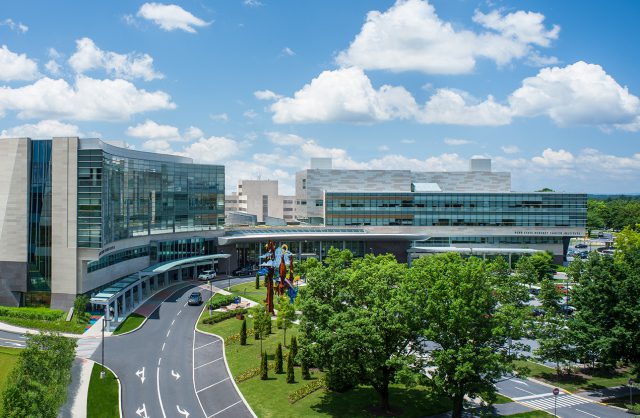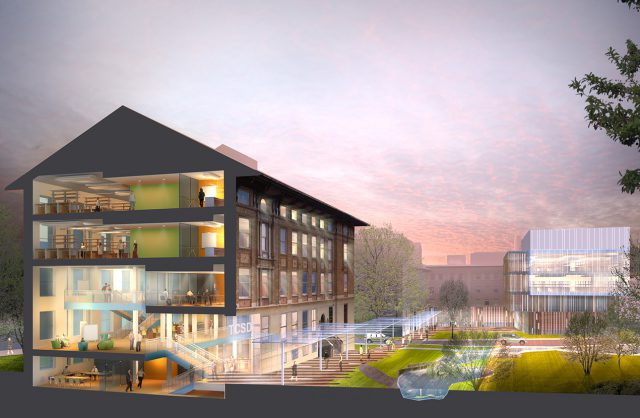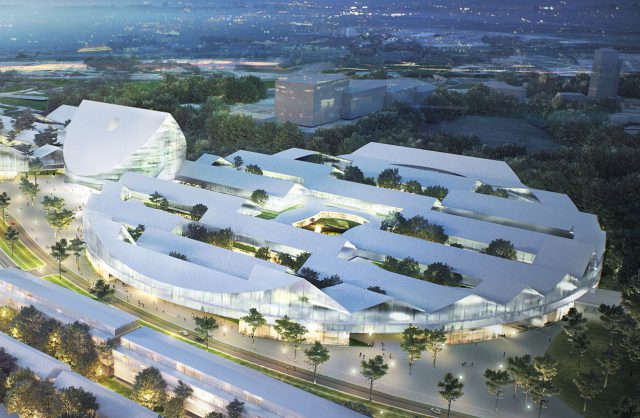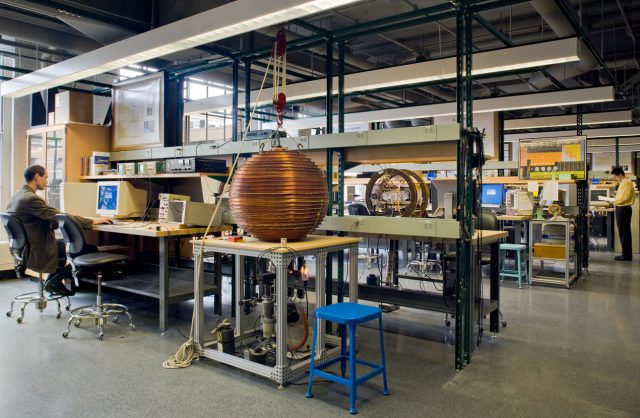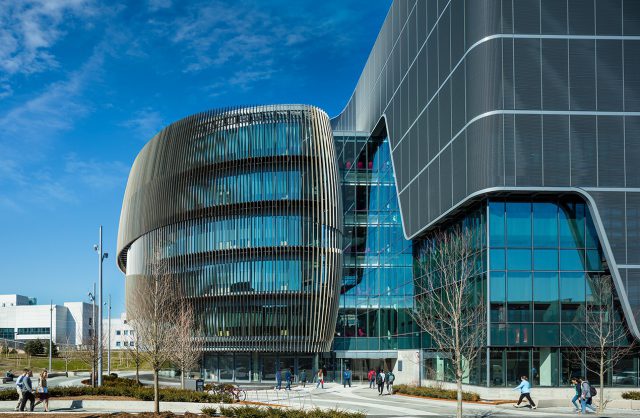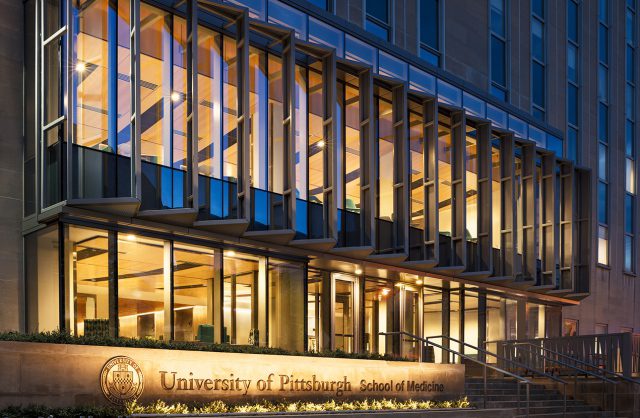Established in 1970, the College of Natural Sciences is the largest College at the University of Texas at Austin and one of the largest colleges of science in the United States. The College commissioned the Master Space Plan to set strategic priorities that are consistent with the University’s Campus Master Plan and Strategic Plan. The Master Space Plan recommends a dual initiative to transform the College from a department-based organization to a program-based organization. It identifies priorities, timelines and specific occupancy plans for renovation and modernization of the College’s existing stock of teaching and research facilities. The plan treats the constraints of existing buildings as opportunities and maximizes multidisciplinary collaboration.
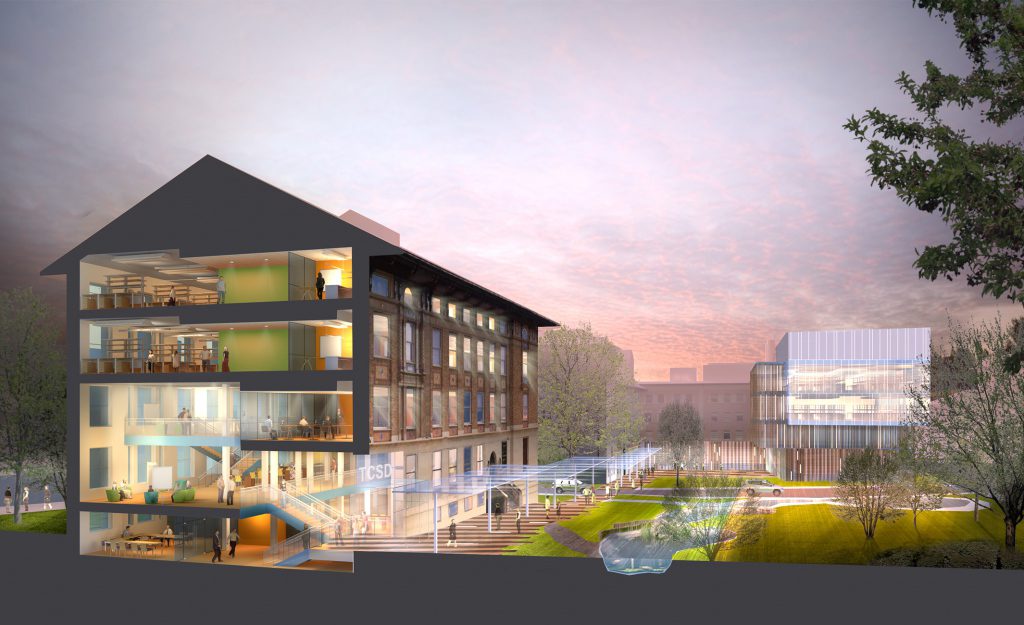
The University of Texas at Austin
College of Natural Sciences Master Space Plan
Project Statistics
LOCATION
Austin, TX / United States
COMPLETED
2013
TOTAL SQUARE FOOTAGE
1.2 million SF
PROGRAM COMPONENTS
Chemistry, Integrative Biology, Neuroscience, Molecular Biosciences, Astronomy, Computer Science, Mathematics, Physics, Statistics and Data Sciences, Human Ecology
IN THE NEWS
Team
Leon W. Drachman, AIA, LEED Green Assoc.
Principal-in-Charge
Sarah Lindenfeld, AIA
Project Manager
A Move Towards Collaboration
The study uncovered several key findings regarding space allocation and programs, through the analysis of the College’s existing facilities, classroom utilization and research collaborations and the benchmarking of space utilization against peer institutions. To foster interactions at the interface of traditional disciplines, the plan encourages multidisciplinary use of existing space, including the collocation of teaching space and research groups from multiple departments and programs. Leveraging the College’s existing assets, the plan regroups departments to create identifiable, energized hubs of social, teaching and research activity, to foster the pursuit of innovative research opportunities.
Building into the Future
In 2017, as a result of this Master Plan, the University began the Welch Hall Renovation, which will modernize aging science facilities and provide generous social spaces to nurture the sharing of knowledge and the exchange of ideas. The $80 million transformation of Welch Hall will be completed in the summer of 2019.
Master Plan in association with Sasaki.

